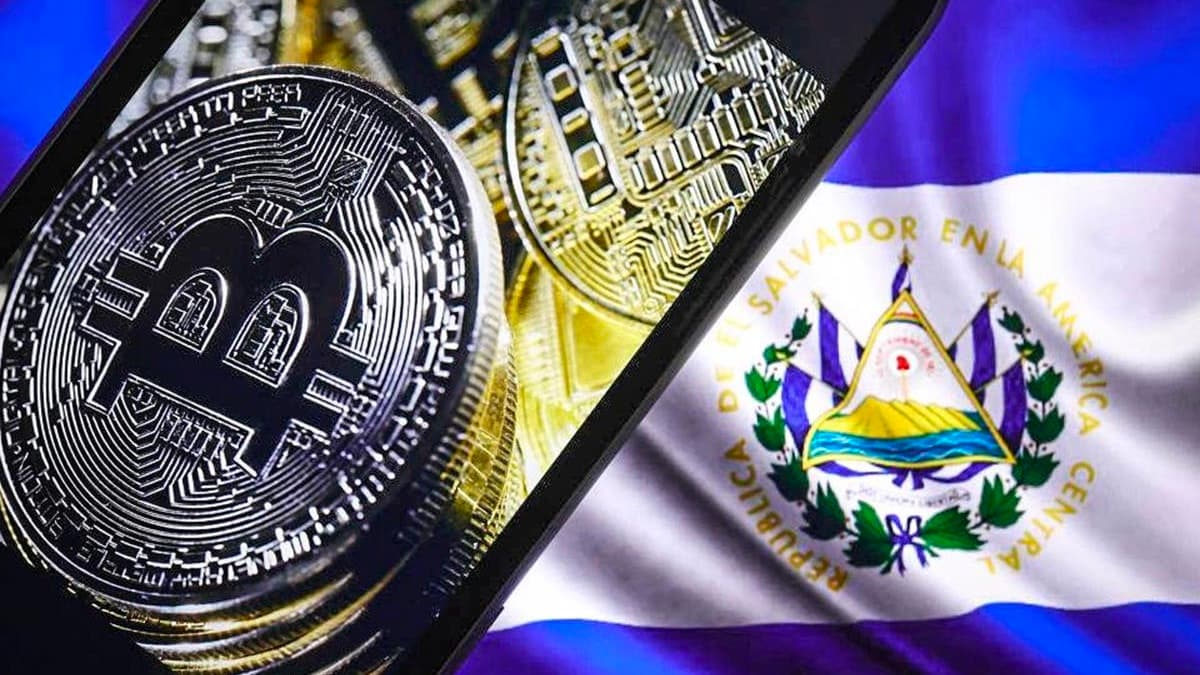Six months ago, the world was watching El Salvador as it made a controversial decision to adopt Bitcoin as its official currency. For most of us, this was the first time we’d ever heard of such an idea. It had most people scratch their heads in confusion (and disbelief). But after six months of following up on news coverage and checking back in with local businesses and governments, it seems Bitcoin has brought more positive changes to El Salvador than we thought. It brought changes that could make other countries rethink their financial systems down the road. The adoption was due to several factors. This includes an inflation rate that had gone through the roof, poverty levels steadily increasing, and lack of faith in their own government’s ability to solve their country’s problems. Many economists predicted this move would be disastrous. Instead, they are in shock by how well this transition has gone so far, and how the economy has responded positively to this new economic policy. 
Although El Salvador’s Government Has Embraced Cryptocurrencies, The Country’s Citizens Haven’t
In interviews with citizens, it’s apparent that the country’s crypto revolution has encountered a few snags. Although the central bank has said it will issue a bond, few businesses have accepted it. Some people say the government-backed digital wallet Chivo is not yet fully functional, while others have reported technical issues. The government’s Chivo program, which allows people to invest in Bitcoin, has received mixed reviews. In one town, a coconut vendor named Dina Ponce explains that she’s unsure of the technology. She didn’t feel the value of Bitcoin would increase enough to make purchases. Some El Salvador analysts are also worried that Bitcoin’s widespread adoption will increase the use of illegal activities. As a result, there have been protests and reports of identity theft. In response, the government has been reluctant to disclose details about its cryptocurrency implementation. However, they have outlined incentives for residents to adopt the cryptocurrency as legal tender. There will be no income tax, capital gains tax, payroll tax, or municipal tax, and residents will have access to free banking services through a local bank. Its adoption depends on its implementation, but it’s not impossible.
Challenges So Far and Ahead
While ESalvador’s Bitcoin Law went into effect in September 2021, the cryptocurrency's adoption remains patchy. El Salvador needs a lot of money to service its debts. The country’s treasury is heavily dependent on international investors, including the United States and the E.U. The national debt now exceeds 84% of GDP, which is high for a slow-growing economy. Many people are wary of the volatility of cryptocurrency, but the government has made a move to ensure that Bitcoin remains a stable currency. While El Salvador has been cautious about digital currency, it’s already accepting payments in various businesses, including McDonald’s. Despite the risks and challenges of its adoption, there are also several positives. The first big advantage is that the government guarantees the conversion of bitcoin into U.S. dollars. This enables more people to buy and sell bitcoin, and has the potential to become a major global player.
Last Thoughts
The success of the bitcoin bond in El Salvador’s currency exchange has sparked a debate in the international community over the legitimacy of this currency. In the past few years, the U.S. and the E.U. have pushed for a ban on the currency, but it remains a thriving cryptocurrency market. Many governments have adopted Bitcoin in order to become the global leader in blockchain. The adoption of Bitcoin is an important step for the country’s economy, which faces both unemployment and poverty challenges. As a digital currency, it could help boost foreign investment and easily transfer funds for Salvadorans working in the United States. The country has seen its economic output rise four percent over the past year and has lowered its debt pile. By allowing citizens to accept Bitcoin in their government, they can make purchases of anything legal in their country.
 cryptoknowmics.com
cryptoknowmics.com